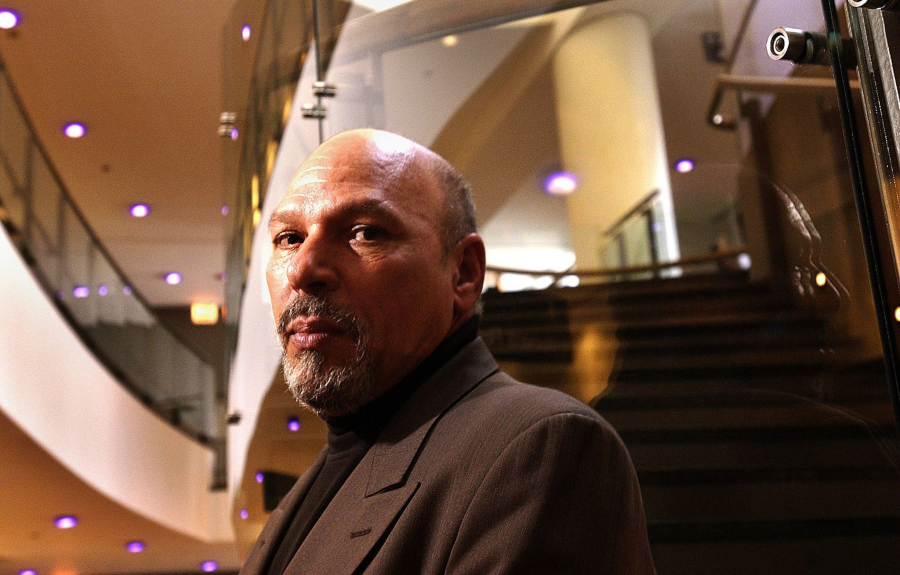Opening night, 1986. August Wilson’s play “Joe Turner’s Come and Gone,” Huntington Theatre Company in Boston. Patti Hartigan, a rising young critic and arts writer, took her seat for the pre-Broadway tryout performance, the production one of several regional theater stops for the new play en route to Broadway.
For a lot of reasons, Hartigan will never forget what she saw that night, notably the Act 1 climax: a haunted man’s vision, which consumes him in the middle of a joyous Pittsburgh boardinghouse celebration, of bones walking on water. These are the bones of enslaved Africans lost in the Middle Passage. Wilson’s play takes place in 1911. America’s former slaves are free, on paper, but searching — following the scent of what Wilson calls their “blood memory.”
In her absorbing, richly detailed biography, “August Wilson: A Life,” recently published by Simon & Schuster, Hartigan calls “Joe Turner” Wilson’s greatest achievement. She has plenty of company in that opinion.
For much of the 1980s and ‘90s, Wilson worked like a one-man vaudeville touring act: a man, a typewriter and one more play in his ambitious 10-play cycle of 20th century Black American life and poetic drama. Wilson developed and revised (and cut, and cut) his plays across a far-flung network of nonprofit theaters, including Chicago’s Goodman Theatre. The goal was a commercial debut on Broadway; sometimes that worked out profitably (“Fences,” “The Piano Lesson”), other times not quite (“Joe Turner”) or not even close (“King Hedley II,” “Gem of the Ocean,” “Radio Golf”). Money isn’t everything. The plays are continually up for revival, and reassessment.



